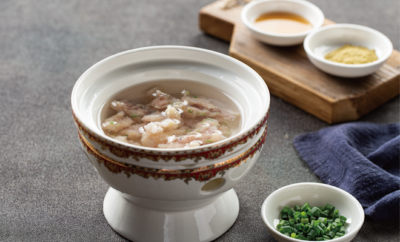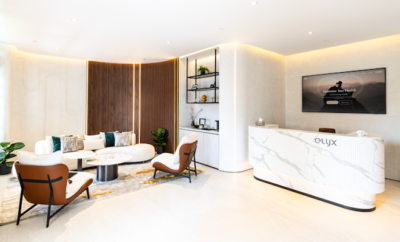
The Gen XY Lifestyle
The Hidden Cost of Your Desk Job: Why Chronic Pain is Soaring in Singapore
That persistent neck ache or dull lower back pain isn’t just a minor niggle—it’s a national health concern.
Experts say modern sedentary lifestyles, long hours, and poor ergonomics are turning Singapore into a nation of sufferers. If your daily routine involves long hours hunched over a laptop, your body is probably trying to send you a warning.
Chronic pain, particularly musculoskeletal discomfort, is on the rise across Singapore , driven by the pressures of modern life, long working hours, and, of course, an ageing population.
This isn’t just about personal discomfort; it’s a public health issue that affects our productivity and well-being. The economic burden can be significant. On average, working adults take about three sick days annually due to pain-related issues.
The Age of the Aching Back (and Neck)
Internal data from Singapore Paincare paints a clear picture of the pain trends affecting younger, working-age adults:
- Lower Back Pain: This accounts for up to eighty percent of cases, primarily among people aged 21 to 40. Blame the long hours, limited movement, and that less-than-ideal home-office setup.
- Neck Pain Surge: Neck pain affects nearly one in four adults and has surged by nearly fifty percent between 2020 and 2024.
- Other Issues: Shoulder and knee problems are steadily growing, and even headaches and migraines—though less common—have doubled.
The message is simple: prolonged screen time and sedentary work are contributing to muscle stiffness, joint strain, and spinal discomfort.

The Generation Gap in Dealing with Pain
Interestingly, attitudes toward pain vary across age groups:
- Older Adults often quietly endure discomfort for months or even years, only seeking help when it seriously disrupts their daily life.
- Younger Adults (the working-age group) are generally more proactive. They address symptoms early to maintain mobility and daily activities, seeking out personalised, minimally invasive treatments that fit their busy schedules.
Dr. Bernard Lee, CEO and Founder of Singapore Paincare, says this proactive, early intervention approach is key to stopping the pain from escalating and should be a model for seniors.
The Ageing Challenge: Pain is Not Inevitable
As Singapore speeds towards becoming one of Asia’s fastest-ageing societies—almost one in four residents will be over 65 by 2030 —the need for early, effective pain management is crucial.
The good news? Chronic pain is not an inevitable part of getting older. With timely interventions and an active lifestyle, seniors can maintain their independence and mobility.
“Nobody should live in pain,” Dr. Lee emphasises. By seeking care early, practitioners can correct misunderstandings and provide appropriate interventions, helping seniors and working adults alike maintain function and enhance their overall well-being.






